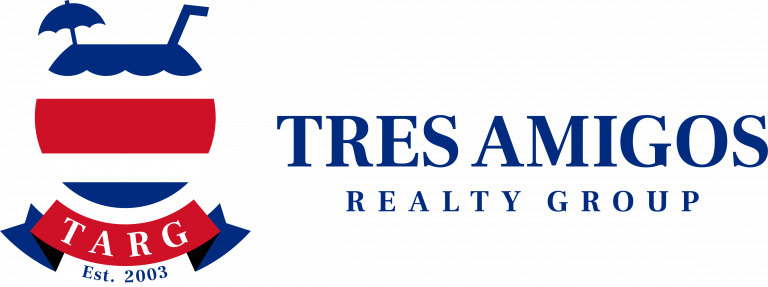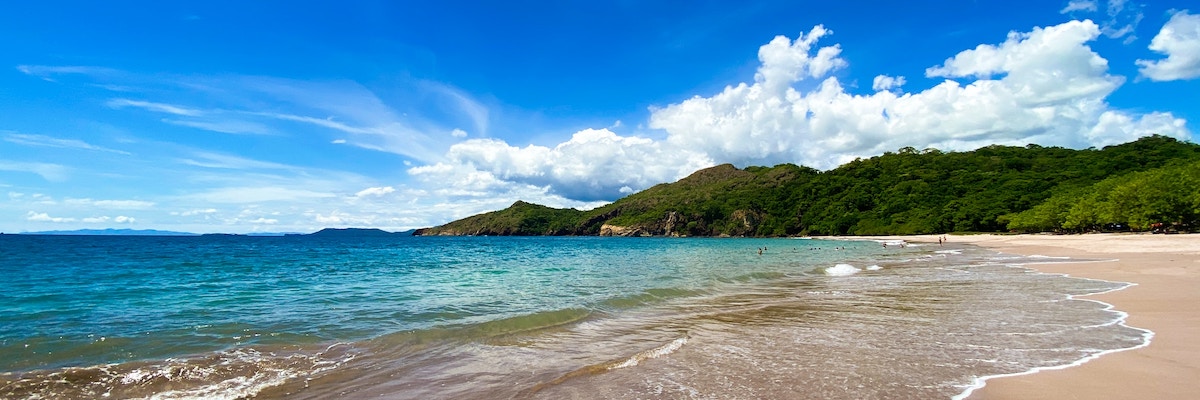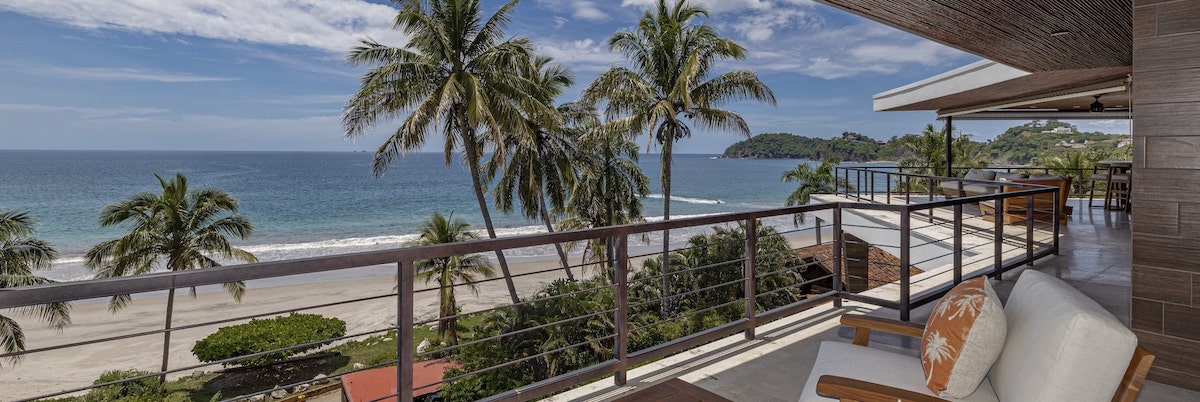Due diligence in the context of real estate transactions in Costa Rica refers to the full and careful investigation, or research, that buyers, investors, and their legal representatives undertake to ensure that a specific property is free from any legal, financial, or physical issues. Engaging in due diligence is a crucial step in the property acquisition process and involves various aspects to safeguard the interests of the potential buyer. Below is an extensive description of the key due diligence processes in Costa Rica:
The Property Due Diligence Process in Costa Rica
-
Legal Due Diligence
- Title Verification: National Registry Search: A thorough examination of the property's title is essential. Lawyers typically conduct searches in the National Registry (Registro Nacional) to confirm ownership, any encumbrances, liens, or restrictions on the property.
- Zoning and Land Use: Municipality Checks: Verify the property's zoning and land use regulations with the local municipality to ensure it aligns with the intended use.
- Permits and Approvals: Check Permits: Ensure that all necessary permits for construction, renovations, or land development are in order. This includes permits from municipal authorities and environmental agencies.
-
Financial Due Diligence
- Outstanding Debts: Public Record Review: Investigate if there are any outstanding debts, property taxes, or utility bills attached to the property. This is crucial for the buyer to be aware of any financial obligations that might be transferred with the property.
- Property Liens: Liens Search: Examine public records for any existing liens on the property. Identifying liens is crucial, as they could affect the buyer's ability to obtain clear title.
- Transaction History: Review Transaction History: Scrutinize the property's transaction history to identify any irregularities or undisclosed information that could impact the legality of the sale.
-
Physical Due Diligence
- Property Inspection: Structural Assessment: Conduct a detailed inspection of the property's physical condition. This includes assessing the structural integrity of buildings, checking for pest infestations, and evaluating the overall maintenance of the property.
- Boundary Verification: Survey and Boundaries: Verify property boundaries through a survey to ensure they align with the information in the title. This helps prevent boundary disputes in the future.
- Inventory of the Content of the Property: In the realm of real estate, the listing agent will conduct a thorough inventory of items encompassed in the sale, which will be initially endorsed by the seller and subsequently by the buyer prior to finalization.
-
Environmental Due Diligence
- Environmental Impact Assessment: Environmental Checks: Depending on the property type and location, assess the environmental impact and ensure compliance with environmental regulations. This is crucial, especially for properties near natural reserves or bodies of water.
- Regulatory Compliance: Condominium and HOA: Condominium Documents: If purchasing within a condominium, review the condominium's regulations and financial health. For properties in communities with homeowner associations (HOAs), ensure compliance with their rules and regulations.
- Land Use Laws: Legal Compliance: Verify that the property adheres to national and local land use laws, avoiding any legal challenges in the future.
-
Legal Documentation
- Review Contracts: Purchase Agreement and Contracts: Carefully review the purchase agreement and any associated contracts. Ensure that the terms and conditions align with the buyer's expectations and that all necessary disclosures are made.
- Seller Verification: Seller's Legal Standing: Confirm the legal standing of the seller and their authority to sell the property.
-
Professional Assistance
- Engage Legal Professionals: Lawyer Consultation: Throughout the due diligence process, it is essential to engage the services of a qualified real estate attorney in Costa Rica. Legal professionals can guide buyers through the intricacies of local laws and ensure that due diligence is conducted thoroughly.
- Other Experts: Specialized Consultants: Depending on the property type, location, and specific concerns, buyers may consult with experts such as environmental consultants, surveyors, or engineers.
Conclusion
Due diligence in Costa Rica is a process that involves legal, financial, physical, environmental, and regulatory considerations. It is an essential step for any individual or entity looking to invest in real estate. It ensures that the property transaction is transparent, legal, and free from unforeseen issues. Hiring experienced legal professionals and experts is crucial to conducting a thorough due diligence process and making informed decisions in the Costa Rican real estate market.






